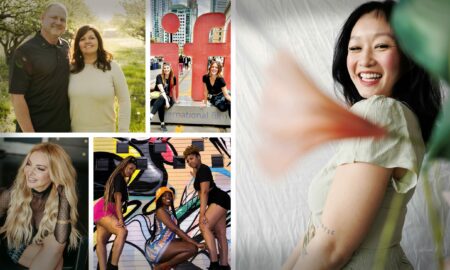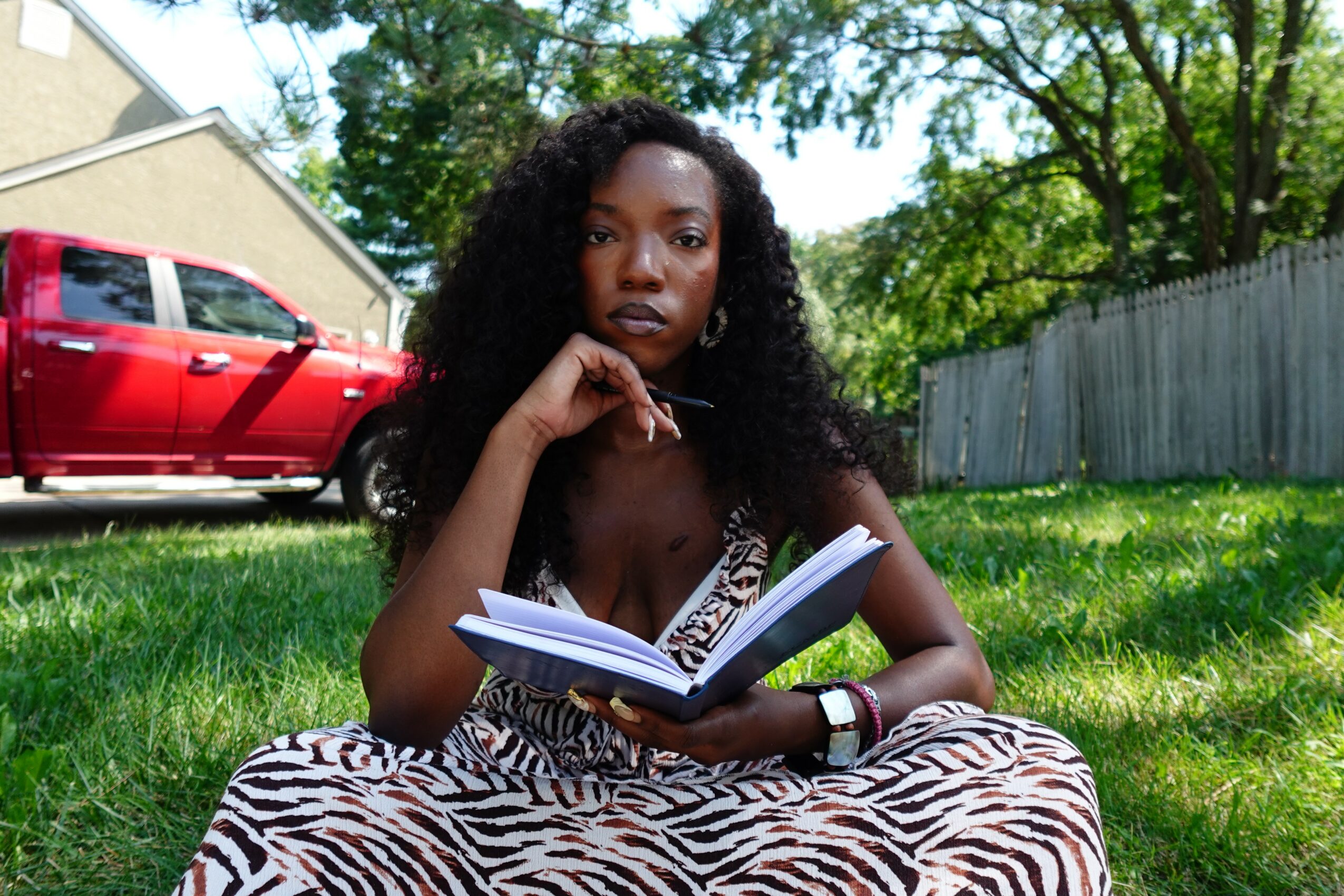

We recently had the chance to connect with Miss Laila and have shared our conversation below.
Laila, we’re thrilled to have you with us today. Before we jump into your intro and the heart of the interview, let’s start with a bit of an ice breaker: What makes you lose track of time—and find yourself again?
I lose track of time when I spend time with my creativity. I say “spend time” because I make an active decision to disrupt the everyday hustle and routine to allow my body to lose track of time in whatever I choose to creatively entertain my spirit. In the mundane, or in the really intentional, I enjoy getting lost in my own gifts whether it be writing, creative directing, reading, exercising my eye for style, and even singing – the list goes on. I think as a creative, it is so important that you keep your creative life thriving, it really is a weapon in this society. For it is in doing, I feel free and back home within myself. I am inspired, and feel a sense of “open breath” that I may have missed experiencing before. Of course it is a constant battle for time in segregating space in my schedule to actually do so, but in every opportunity that I am able to be creative, I am constantly thanking myself. And I do say “thank you” at the end of creative writing session, stretching sequence, or time outside in nature.
Can you briefly introduce yourself and share what makes you or your brand unique?
Hi, my name is Laila and I like to think of myself as multifaceted, a Renaissance women if you will. I do it all. I model, I photograph, I write, I research, I produce, I edit, I organize, I speak, I dance, and sometimes sing. I am all of these things, and most importantly a Black Feminist. I identify as such and have spent a large amount of time wanting to dedicate my self and my work in black feminist practice.
By nature, however, I am a creative and an intellectual. I came into the realm of entrepreneurship fairly young (16) with the “go getter spirit” indeed. I started out as a fashion stylist under my brand ESILA (my middle name spelled backwards). Before recently, I have transitioned from the fashion space as my realm of entrepreneurship for my love of what I like to call as “care work”. In this type of work, rooted in black feminism, I am now entering into my independent work in publishing my writings, reviewing similar literature, and bringing these same conversations to various communal spaces.
During my time as a personal stylist, I helped everyday women and men upgrade their style, from helping them become better shoppers, and even organizing their closets for better efficiency. In personally styling individuals for photoshoots, work, and other special occasions, I got amazing practice building rapport and trust with my clients that I still keep in touch with to this day.
I promise, I will get to the Sunroom Project, but I just tell my story first. As I stated, I believe that I am a creative, and an intellectual. That also means I like the ability to have both artistic release and challenging rigor. Therefore when my time in the fashion space was becoming less intellectual stretching for me I began to get concerned for myself. It was because I wanted to do more, I wanted to go deeper in my work. Fashion was two-dimensional- it was only about the clothes and them, the clients. I tried imparting spiritual wisdom and confidence into my clients as practice, and it became harder and harder to maintain. Folks were needing a quick fix, help to look good and to look good only. I wanted to do more though, I wanted to make them feel good up here (in the mind) and in here (the heart). The two were not in harmony and I eventually chose to exit as my personal life was becoming harder to balance- a perfect ease to an end.
I do think this that being so young, at the time, the difficulty in establishing my own identity outside of that with my clients was a big road blocker. I was in the market of styling grown, working women and men. Sometimes it was weird for them to trust me dressing their bodies, and in turn challenging for me to truly connect with what I was doing. I had fell a victim of the “Keeping Up with the Joneses” syndrome in feeling that I needed to always compare myself to everyone else out there doing business on their own. I was really just digging myself into a deeper whole comparing my success to the ones I was looking at.
I was tired, no longer inspired, and felt, as an intellectual, that I was neglecting this a part of me that also wanted to do more, bigger, and something that allowed me to use a direct strength of mine. I could think very well critically, I can write beyond imagination, and I’m really good at connecting with people. So when I stepped out of the personal styling game, I was also doing so to allow myself full agency, and becoming. I was not sad, nor embarrassed. I continued being creative doing other things, making social media content, tending to my podcast, all the while continuing my studies as a college student and writing on the side.
In adopting my pen name, Miss Laila, and in embracing all of what that represents, I am starting the Sunroom as a blog project of mine that I hope will blossom into hosting other’s voices as well. The Sunroom meaning into the light, under the light as of representation in that light has no bounds nor escape. I am beginning my work in independently publishing a collection of my writings entitled ‘At Home’. These writings will feature the genesis of my black feminist awakening, my familial and therapy epiphanies, and the recent climate’s effect on my creative mind. It is a collection of all these realities, emotional experiences, and long meditated thought. Altogether, I hope to highlight these things, while calling those who read to not do so to be entertained, but to enhance their conversations, need for literature, and even their own level of empathy.
This project is a Black Feminist project in that it is rooted in radical empathy for I had to have such in imagining this concept of the Sunroom and in connecting my emotional, and sometimes traumatic experiences as a black a woman. However, I am centering radical empathy as a principle of this project because as I continue publishing and writing, I hope to bring voice to the histories and livelihoods of those who experience the same challenges of violence, systemic oppression, and battle for survivalism. It is of care work for me to our collective wellness and generational commitment to survive in this tie in our world. This, I want to be my contribution. The Sunroom brings the societal taboos, hidden conversations, and livelihoods into the light, under light, for I believe we will heal each other.
Thanks for sharing that. Would love to go back in time and hear about how your past might have impacted who you are today. Who taught you the most about work?
Don’t get me wrong, I was taught how to work by my black elders. My parents, of course as my first teachers, but my aunts, uncles, grandparents, and even the black people of my community who I saw in city-passing every day. I was taught that work must be something that you love, yet something that is expectantly imperfect. I also was taught that work takes competition and serious focus because of such. I saw that work could be long, lasting all day, and yet also personally deciding. Both my parents are hard workers, my mom working all across sectors, and my dad forging his own pathway in freelance marketing and journalism. I can say I have a complete work complex as I deal with this learned dichotomous reality of work and success.
It was not up until recently that black feminists taught me about “work” from a socially critical perspective under capitalism that, in learning so, I am re-aligning what my perspective of work is and has been. In addition to such, I am aiming to craft a work that blends all these beauties- joy, success, reward, pain, patience, and strategy.
Over the summer, I spent a majority of my time reading on the concept of survival, and specifically, how black women do survive in a American society in which marks them as deviant, undeserving, invisible, and at the bottom. In that same case, black women are inherent survivors of racism, sexism, and class oppression that positions us in a way to be radically empathetic, and thereby black feminists. Black feminism works to dismantle these workings of systemic patriarchy, capitalism, and imperialism that perpetuates this oppressive reality for black women as an attempt to rebuild a way of living beyond survival, and into a space where one can not just survive, but we all can live to actually thrive.
I can say that the source that really gave me awakening about the toxicity of work and “grind”culture was from Tricia Hearsay in ‘Rest is Resistance’. I read that book like it was my bible. I thought about all the times my values and/or behaviors mirror capitalistic notions of restlessness over listening to the needs of my body. I did feel like a burden was being lifted off my shoulders because I had been feeling emotions of exhaustion, confusion, and restlessness. Not just because I was “tired”, but I was tired of always having to work to prove to myself and others that I am capable of the ability to be trusted with, wait for it… more work! I mean, there’s no end to this thing of capitalism.
With the help of Tricia Hearsay, I began thinking on the ways in which my commitment to work could change- where I could balance rest and labor. Not just as a temporary fix, but as a formative practice and lifestyle because my creativity, and my soul’s wellbeing depended on it. A work that allows me to honor my ancestors, my current body’s needs, and the people whom I want to actively work for. I do believe that this conscious raising has given me a different eagerness to get to my truest “work” which is healing and informing the communities neglected the most.
Was there ever a time you almost gave up?
I mean, I did give up! I had to give up personal styling so that I could actually find myself in work that was more about completion, but of communal fulfillment, creative distribution, and critical thinking. My soul is one that craves robustness and for the ability for me to survive and actually live, I need to do all the things, literally, that make my soul happy! I actively encourage the people around me to never put limits on the things they want to do. If you like it, then do it! If you don’t, then find something new.
I think as a society, we spend so much time blaming quitters more than we do understanding the circumstances in which what drove them to quit. I think it’s because we secretly love it when other people are doing worse or just as bad as us- it gives us license to judge. On another note, I also think the question presents itself of “what is a quitter?” I think we each should individually examine this as I have found parallels with similar definitions of “work”, going back to that question. In others most who don’t believe in quitting, are often the same ones who play into the issues of “grind culture”. I don’t care to be a hustler in that regard, and therefore will gladly give up anything that requires that kind of commitment out of me.
It is okay to say “no more”. It is more than okay to say no so that you can pivot. If no one told you, I am more than happy to be the one to tell you to give up what isn’t working for you because you have no allegiance to this kind of suffering. Stand true in your decision, or new ideation. Be open to new possibilities. As long as you are fostering an environment for your heart to feel, your creativity, your entrepreneurial desires, and motivation will never cease because in most cases, the desire of such is really in you.
Even though I gave up one portion of myself and my previous work, I never lost my desire for belonging. That helped me be okay in giving up what I thought I enjoyed to find what I really do enjoy. That desire to find community in another space where wholeness is available to me is what keeps me from a place of literally giving up.
I think our readers would appreciate hearing more about your values and what you think matters in life and career, etc. So our next question is along those lines. Whom do you admire for their character, not their power?
Now at this point you should get used to the fact that I’m going to challenge the question in some way, right. If I may, I really admire Demita Frazier for her character, in that she did have power. She is a an activist, writer, Black Feminist, and later co-founder of the Combahee River Collective (CRC).
She ran away from home as a teen during a challenging time in her life, yet continued her education as an autodidact. She left traditional school and her life before to dig deeper into radicalism and life experience, both, as an organizing principle and as a personal grounder. I am shortening her story for obvious reasons, but I really admire her. She’s badass and so inspiring. I admire her courageous grace.
Frazier had the ability and the capacity to self-teach and self-learn radical text, community organizing, and real-life activism. I’m at a time in my life where I am choosing to teach myself a lot of things, from a similar activism perspective, but also in the personal, as I mentioned “radical empathy” as a form of courageous self-love. I am beginning a new journey of forging a career of love in committing myself to care work for black women, and the communities experiencing systemic violence. I have no blueprint, no prior experience, or standby help. I am crafting these roads of creative entrepreneurship, spirituality, and personal academia to formulate the lifestyle and work that I want to thrive in becoming.
So going back to the question, I think that when I read on her and her background before becoming a co-founder at the CRC, I just resonated with her individual story, in that learning of her character. I began to feel immense power in knowing that I could adopt the same agency in certain aspects of my life too you know.
Okay, so let’s keep going with one more question that means a lot to us: How do you know when you’re out of your depth?
When I allow the emotional experiences of my insecurities to fester, I immediately step out of myself and into toxicity. You know, I consider myself deep person because I literally live my life dissecting everything. I grew up being taught to never settle, to always think for myself, and to never be a quitter. Those three things literally have formed my ability to analyze, hyper-fixate, and over-plan for everything.
My tendency to be “deep” does come from a coping place in deciphering and trying to make sense all of the complexes and emotions that I do feel. In being deep, I am able to withstand many difficult conversations, and moments. I am also vastly wordy and original. However, being deep can also be dangerous to my mental health when I am over critical of my own self productions, creative expressions, or plain existence. This typically happens when I am battling loneliness in the physical or in the emotional sense in that I may feel that no one else feels the same as I.
I’ve struggled a lot with being okay with the way I am. I’m often times unusual and weird for most my age, and in some environments that I may come across. It is never easy to feel like the intellectual outcast, the physical other, or emotional loner. I’ve felt all sectors of social exclusion that sometimes I become self-defeated in my ability to just be my authentic self.
With maturity and therapy, I realize that true depth for me is experienced in relationship with others. When I am in community, I am present with my self, but am actively surrounded my others whom I want to share company and presence with too. It gives me the ability to be in harmony with the room and the energy of each one represented while also allowing whatever to spillover and speak to my individual heart as well. I want to be in more spaces where women are, where youth is represented, and diversity is all around because I feel myself stepping back into the depth in which I require and desire.
I’m learning to not be scared of the deep dive into the deep water because it does get better. It gets better because the “self” has experienced a deeper existence and can therefore withstand depth- a sign of true strength. So, I know it’s time for me to recenter, and go back to things and/or people that I love when I step out of that space of self-comfort, and that being my deep self too.
Contact Info:
- Instagram: laila.alisee
- Youtube: https://youtube.com/@misslailaalise?si=K-y0PAeyZOCiwka3
- Other: The Sunroom Project is soon to come with a website if it’s own. You can contact [email protected] to get in touch.
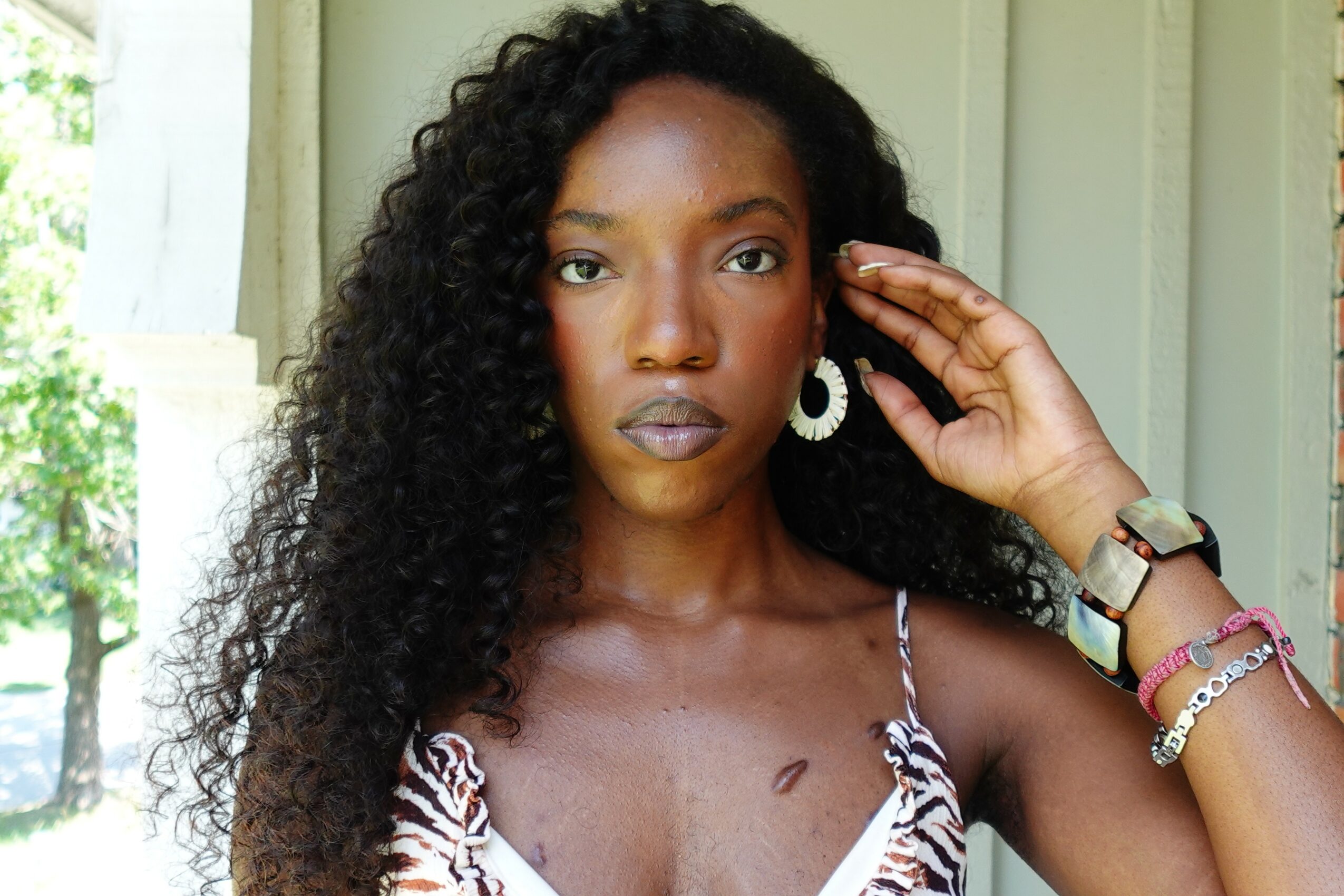
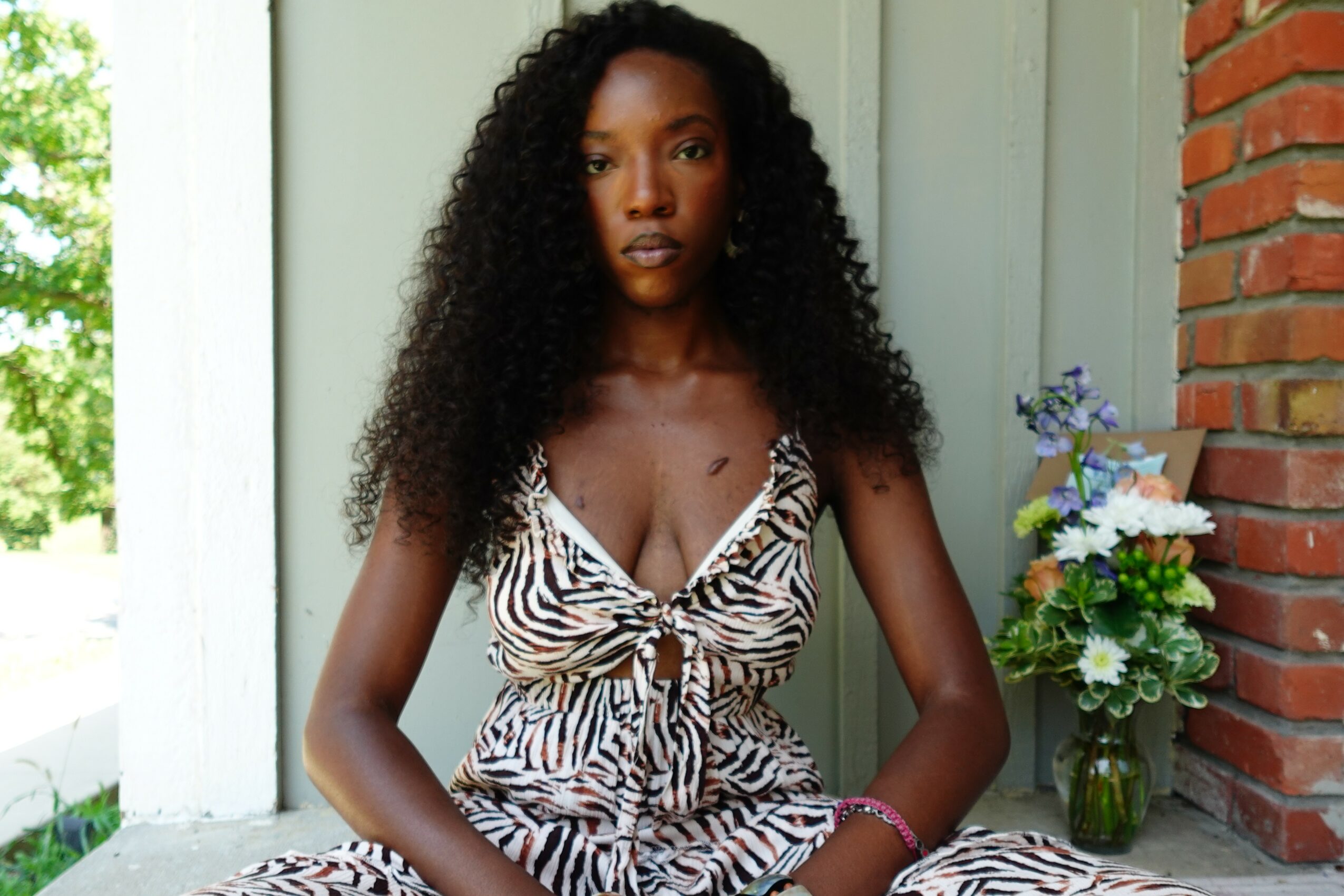
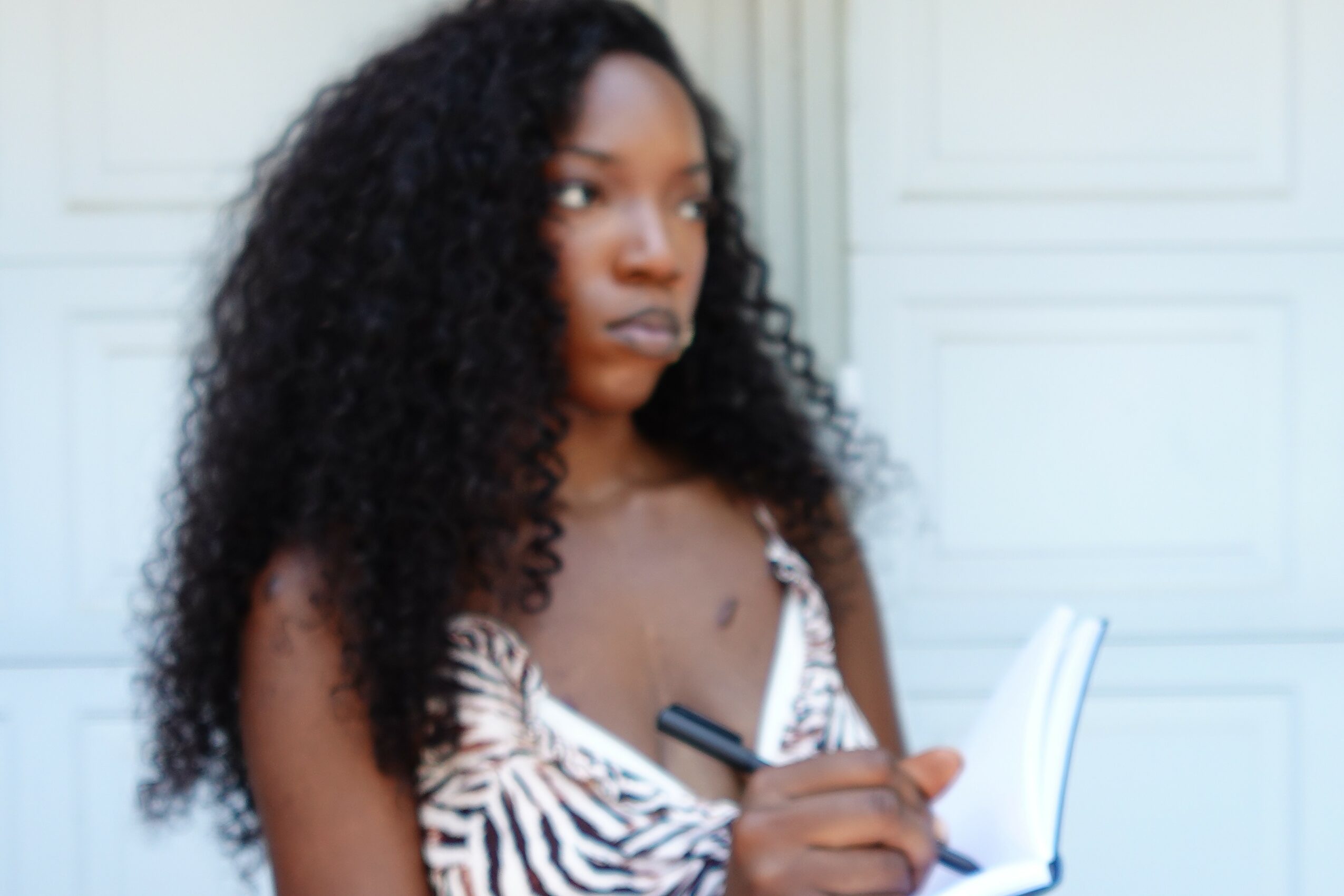
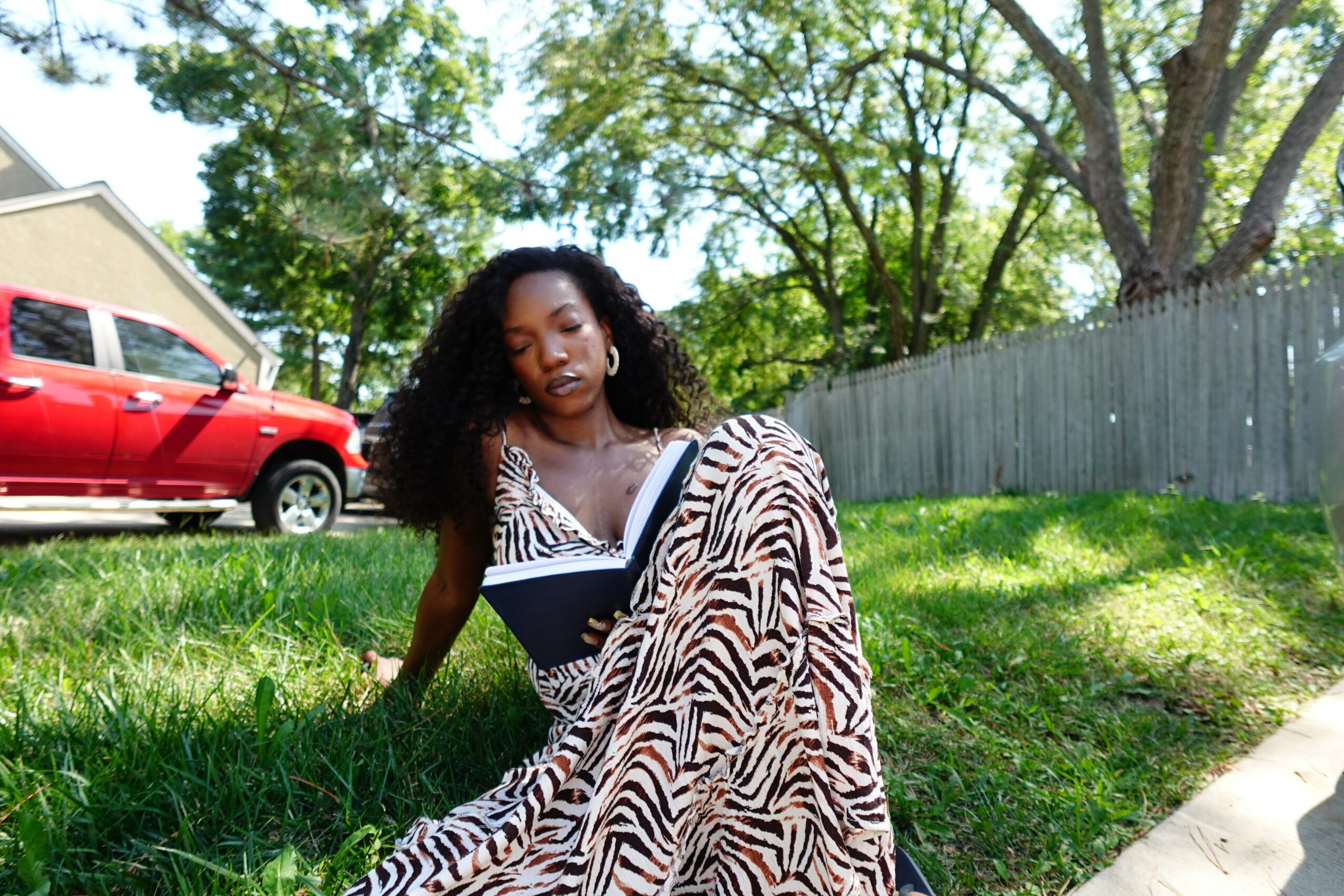
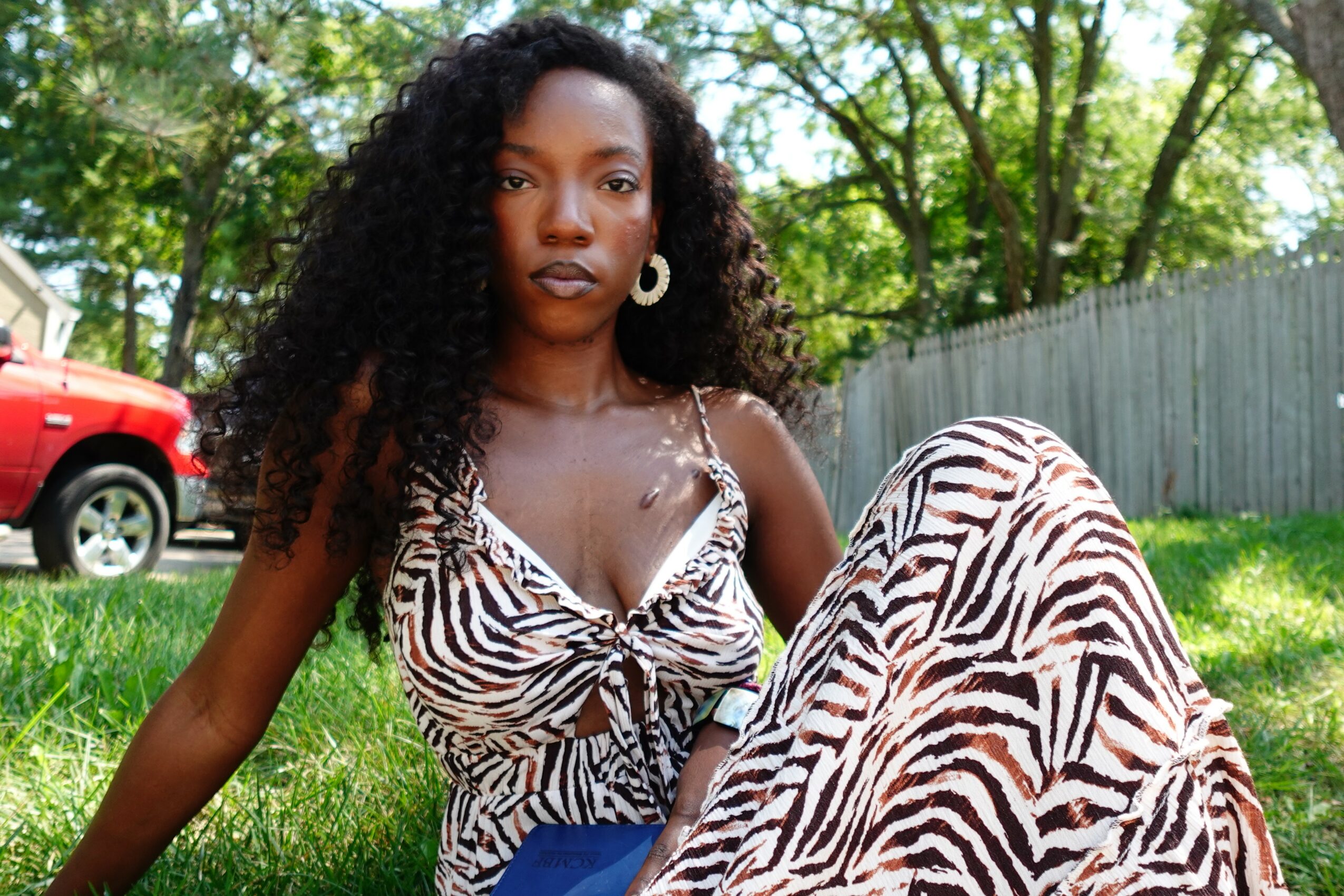
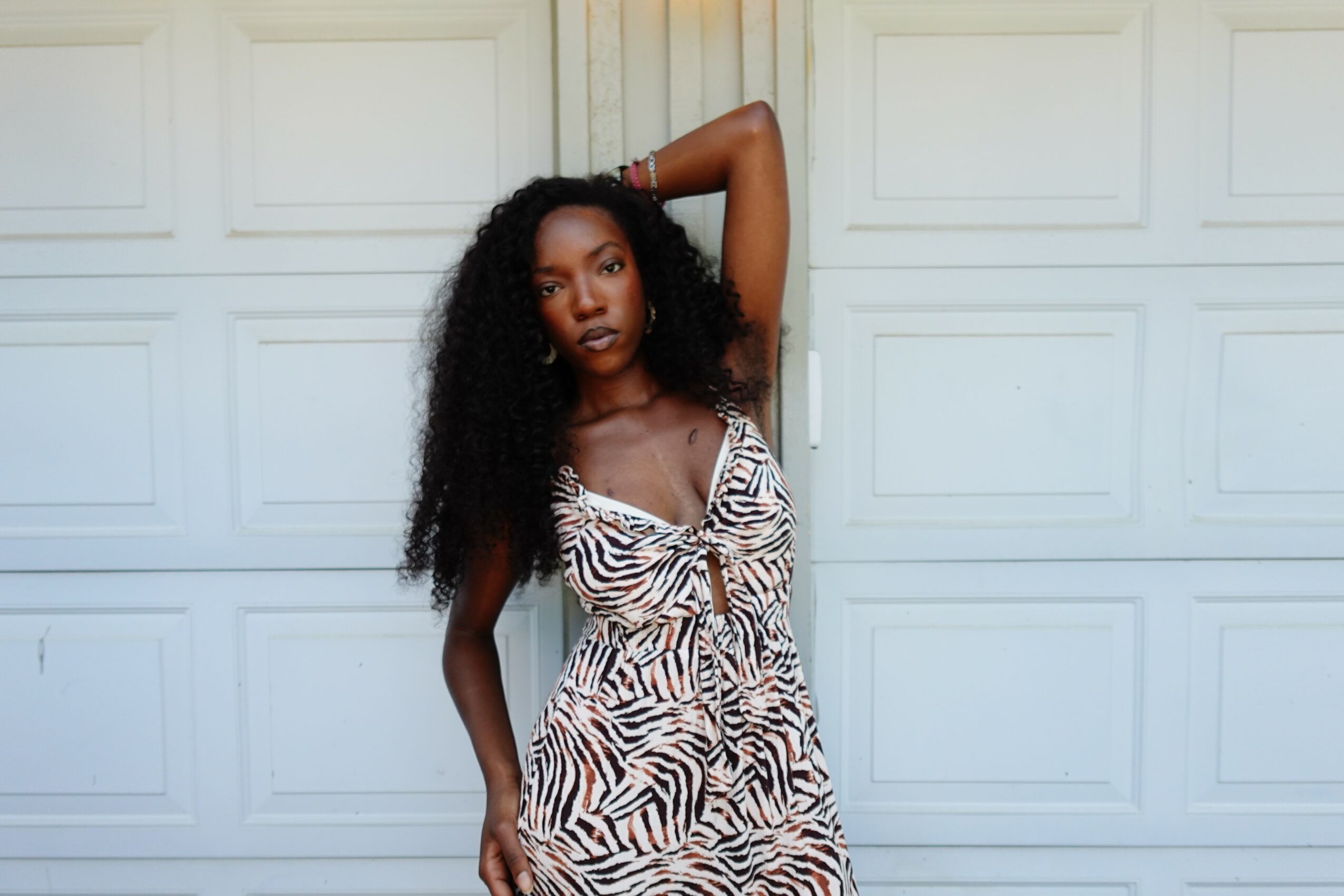
Image Credits
Miss Laila

